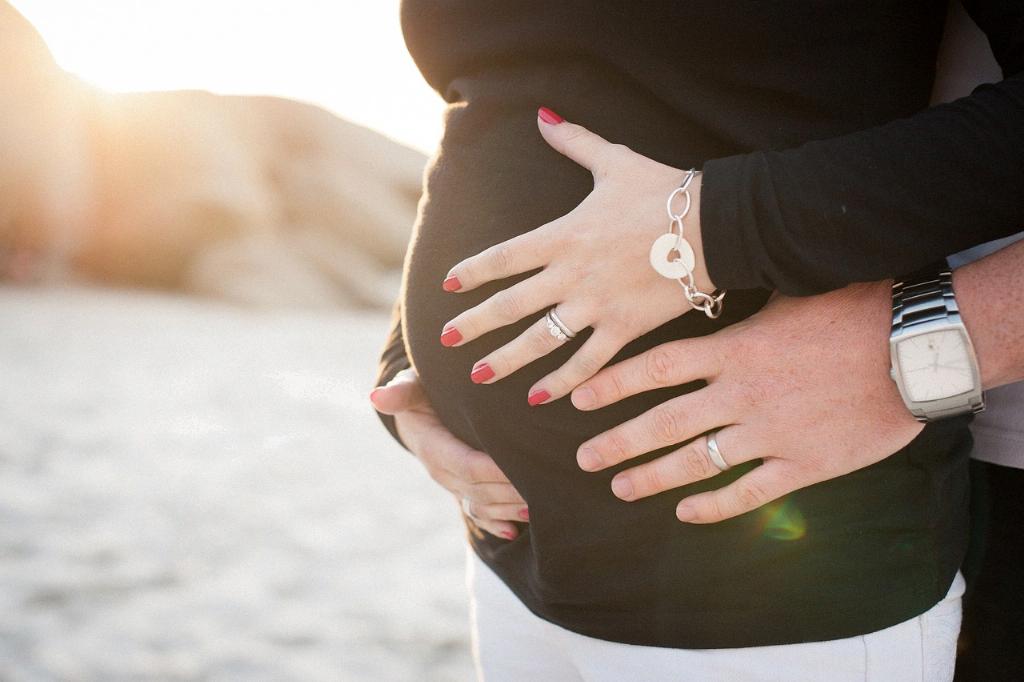Let’s dive into the common concern among pet owners: can humans get parvo from dogs? The answer might surprise you. Parvovirus, also known as parvo, is a highly contagious virus that primarily affects dogs. While this virus poses a serious threat to our canine companions, the good news is that humans cannot contract parvo from their dogs.
It’s important to understand that parvovirus is specific to certain species. The strain of parvovirus that affects dogs, known as canine parvovirus, does not pose a risk to humans. This means that you can continue to care for and love your furry friend without worrying about contracting the virus yourself.
Although humans cannot get parvo from their dogs, it’s essential to take precautions to prevent the spread of the virus. If your dog is diagnosed with parvo, it’s crucial to isolate them from other animals to avoid transmitting the virus. Additionally, practicing good hygiene, such as washing your hands thoroughly after coming into contact with an infected dog, can help prevent the spread of the virus to other environments.
One of the reasons why humans cannot get parvo from dogs is due to the differences in cell receptors between species. The parvovirus targets specific receptors in dogs’ gastrointestinal tracts, which are not present in humans. This unique cellular makeup prevents the virus from infecting humans, providing a natural barrier against cross-species transmission.
Despite the low risk of humans contracting parvo from dogs, it’s essential to address any concerns related to zoonotic diseases. Zoonotic diseases are illnesses that can be transmitted between animals and humans. While parvo is not zoonotic, it’s always a good idea to consult with your veterinarian if you have any questions or concerns about your pet’s health.
Furthermore, maintaining your dog’s vaccination schedule is crucial in preventing the spread of parvovirus. Vaccines play a vital role in protecting your furry friend from infectious diseases, including parvo. By ensuring that your dog is up to date on their vaccinations, you can minimize the risk of them contracting the virus and spreading it to other animals.
It’s important to keep in mind that while humans cannot get parvo from dogs, the virus can survive in the environment for an extended period. This means that objects or surfaces that have come into contact with an infected dog can harbor the virus and pose a risk to other animals. Taking proactive measures to disinfect and clean your surroundings can help prevent the spread of parvovirus.
Additionally, if you have multiple pets in your household, it’s crucial to monitor their health closely and seek veterinary care promptly if you notice any concerning symptoms. Early detection and treatment of parvo are essential in improving your pet’s chances of recovery and preventing the spread of the virus to other animals in your care.
While the thought of our beloved pets falling ill with a contagious virus like parvo can be distressing, it’s essential to remember that humans are not at risk of contracting the virus. By staying informed about parvovirus and taking preventative measures to protect your pets, you can create a safe and healthy environment for both your furry friends and your family.
In conclusion, the risk of humans getting parvo from dogs is non-existent due to the species-specific nature of the virus. By maintaining good hygiene practices, keeping your pets vaccinated, and seeking prompt veterinary care when needed, you can help safeguard your pets’ health and well-being. Remember, a little prevention goes a long way in keeping your furry companions happy and healthy.

